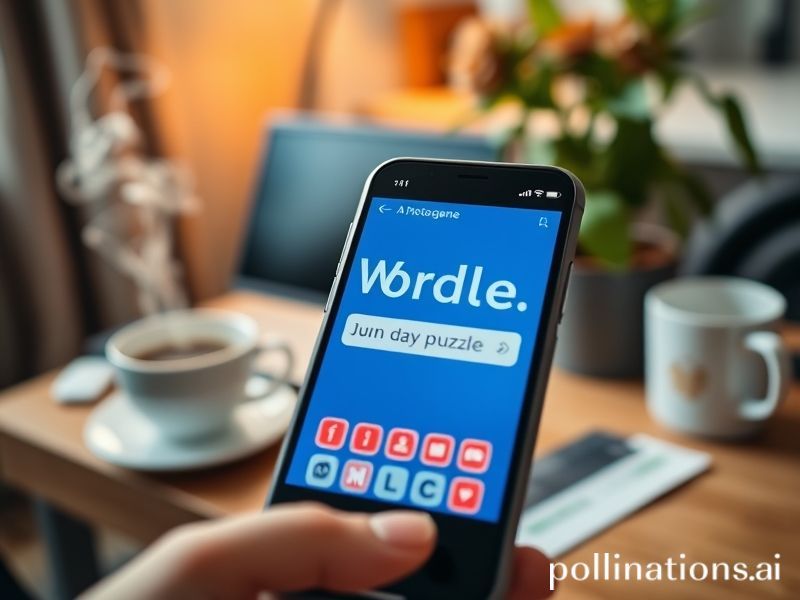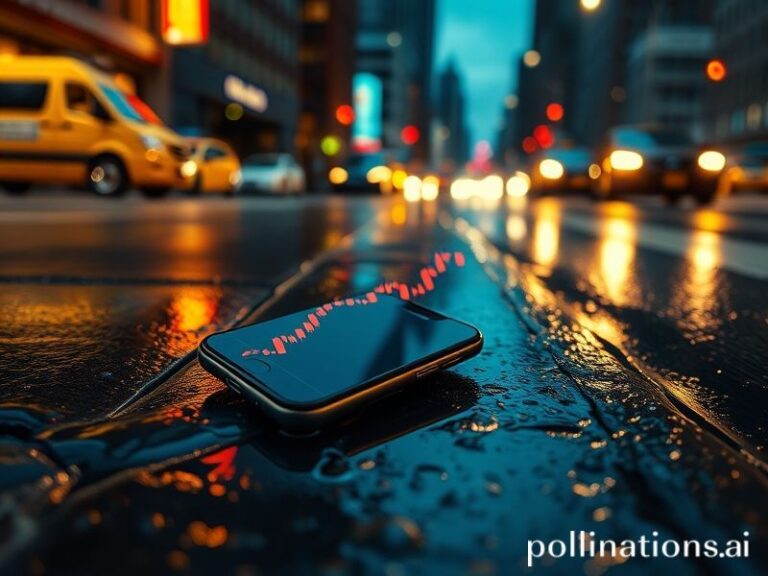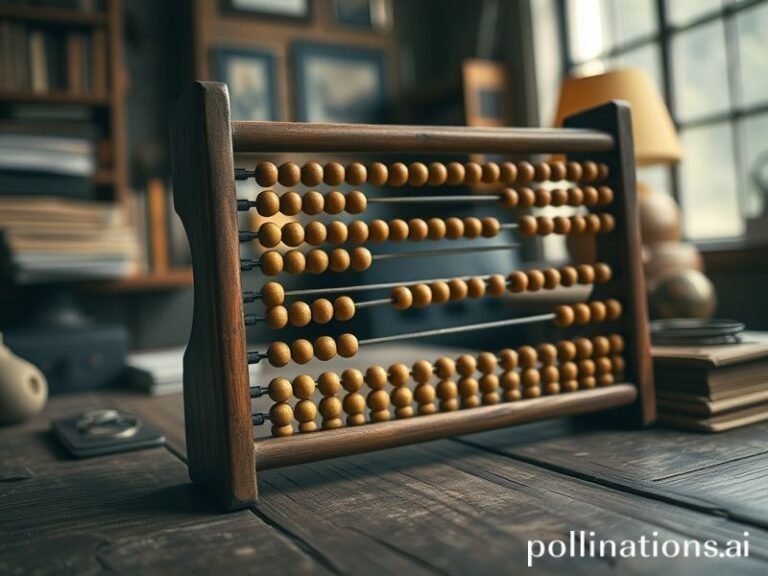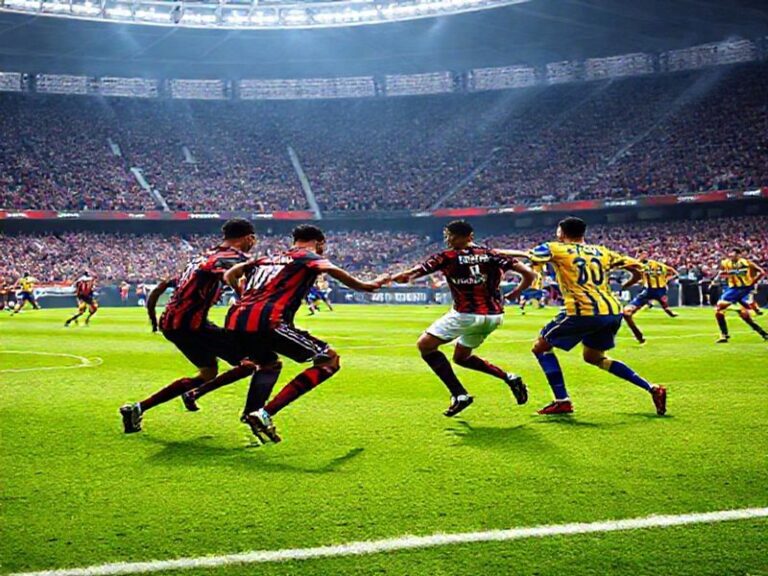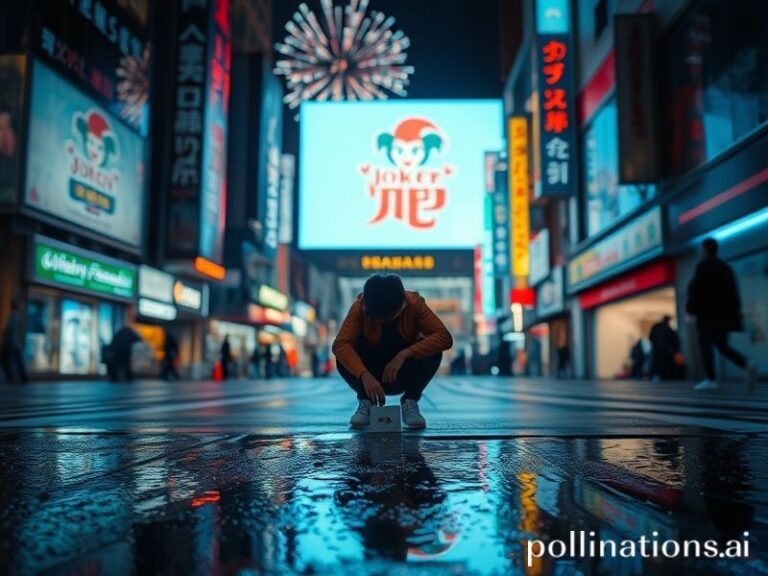Wordle: The Daily Puzzle That’s Got the World Hooked
# **Wordle: The Daily Puzzle That’s Got the World Hooked**
In a world where attention spans are shorter than a goldfish’s memory, there’s a new sheriff in town, and it’s not a TikTok dance or a meme about a shiba inu. No, it’s a humble little word game called Wordle. If you’re not already playing it, you’ve probably seen it on your social media feeds, popping up like digital confetti. But why is this simple word game taking the internet by storm? Let’s dive in.
## **The Cultural Context: A Game of Words and Wits**
Wordle is a web-based word puzzle where players have six attempts to guess a five-letter word. After each guess, the game provides feedback in the form of colored tiles indicating when letters match or are in the correct position. It’s like a crossword puzzle meets a game of charades, but with fewer awkward family gatherings and more satisfying “Aha!” moments.
Created by Josh Wardle (yes, that’s his real name, and yes, it’s perfect), the game was initially designed as a private project for his partner. But like all great things meant to stay hidden, it escaped into the wild and captured the hearts of word enthusiasts everywhere. The game’s simplicity and addictive nature have made it a viral sensation, with players sharing their results on social media like digital badges of honor.
## **The Social Impact: A Global Phenomenon**
Wordle’s popularity has transcended borders and languages, becoming a global phenomenon. It’s the kind of game that doesn’t discriminate—whether you’re a linguistics professor or someone who still mixes up “there,” “their,” and “they’re,” Wordle welcomes all. The game’s daily format creates a sense of community, as millions of players around the world tackle the same puzzle, sharing their triumphs and failures in a collective digital ritual.
Social media platforms like Twitter and Instagram have become virtual Wordle hubs, with players posting their results using the game’s built-in sharing feature. The posts often come with a mix of pride, frustration, and occasional bragging rights. It’s a modern-day watercooler moment, but instead of discussing the weather or last night’s TV show, people are debating the best strategies to guess the day’s word.
## **What Makes Wordle Significant?**
So, why is Wordle significant? For starters, it’s a rare example of a game that’s both simple and deeply engaging. In an era of complex, high-budget video games and apps, Wordle proves that sometimes less is more. It’s a testament to the power of simplicity and the joy of solving a well-crafted puzzle.
Moreover, Wordle has tapped into the human desire for daily rituals and shared experiences. In a world that’s increasingly fragmented and digital, the game provides a sense of connection and community. It’s a small but meaningful way for people to engage with each other, even if it’s just through a series of emoji-like tiles.
## **The Future of Wordle**
As Wordle continues to grow in popularity, it’s worth wondering what the future holds. Will it remain a beloved daily ritual, or will it evolve into something more? There’s already talk of spin-offs and variations, but for now, the game’s charm lies in its simplicity and consistency. The beauty of Wordle is that it doesn’t need to change to stay relevant—it’s already captured the hearts of millions.
In conclusion, Wordle is more than just a word game; it’s a cultural phenomenon that has brought people together in a shared love of language and puzzle-solving. It’s a reminder that sometimes the simplest things can have the most profound impact. So, whether you’re a Wordle veteran or a newcomer, take a moment to appreciate the joy of a well-guessed word and the community that comes with it.
—

